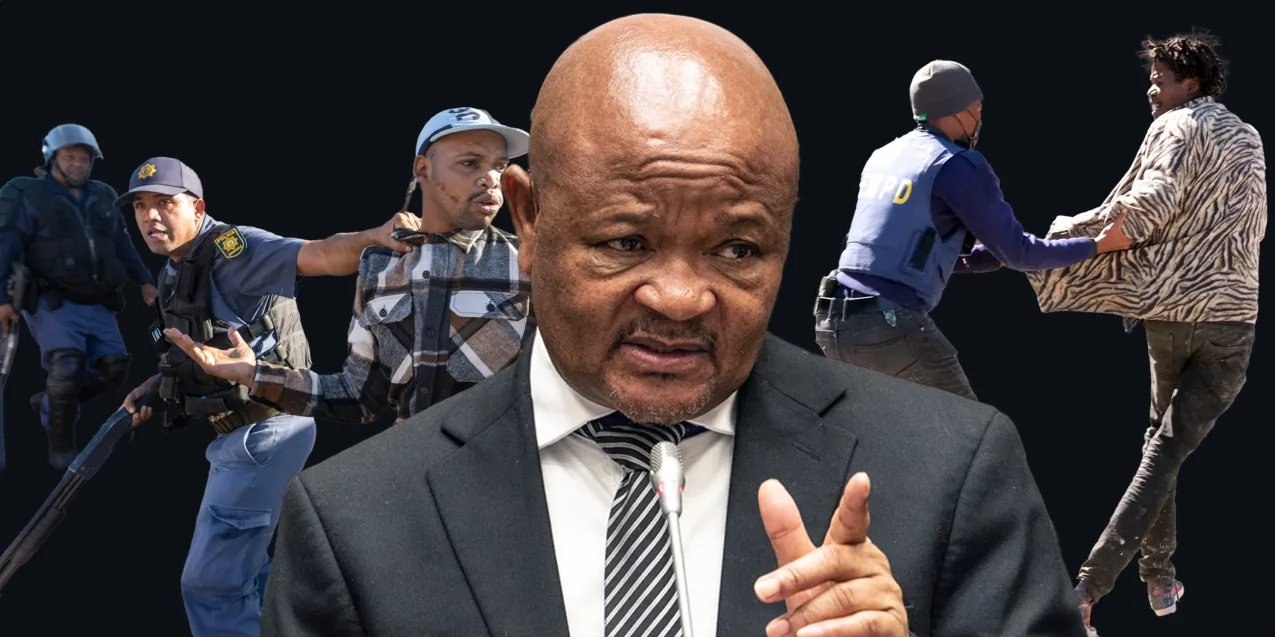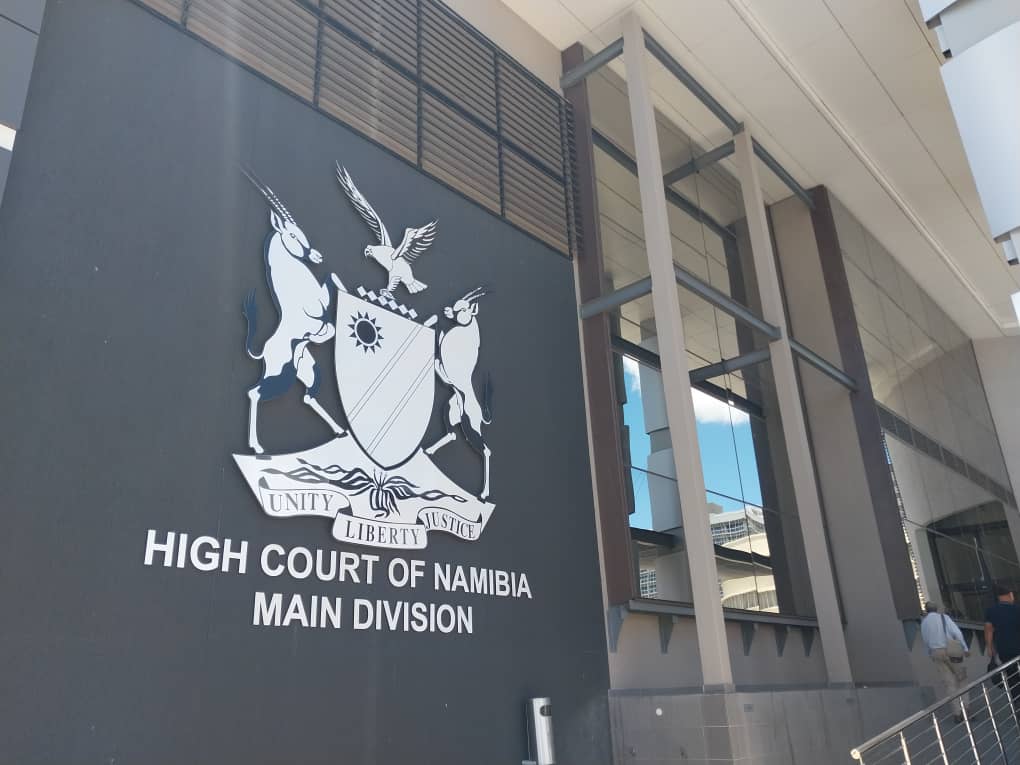Reports this week that Police Minister Senzo Mchunu is engaging with the private security industry to find a way it can work with and augment the SA Police Service suggest a major shift in the fight against crime. However, any attempt to work with the private security sector comes with major dangers for the police and our society.
In Monday, BusinessLIVE reported that Police Minister Senzo Mchunu had met with the Private Security Industry Regulatory Authority as a first step to working with some of the bigger companies in this space.
This is part of a bigger plan that could see more coordination and cooperation between the SA Police Service (SAPS) and security companies.
This is not unexpected. Technically, the interests of both groups align — they both fight crime, and often security guards and police officers in certain areas will be on friendly terms.
However, there are limits to this.
Generally speaking, the role of the SAPS is to serve the public — everyone who upholds the law.
While many security officers and their companies provide valuable services, their ultimate interest is to serve their clients and to get more clients.
This is why some security companies will try to sign up entire streets or communities, or provide community services. While they may save lives in the process, they have to make money too.
That said, this step is entirely in keeping with Mchunu’s character.
He does not try to grab headlines or engage in stunts the way his successors Bheki Cele and Fikile Mbalula did.
Mbalula once came to a scene where “suspects” had been tied up for three hours so that he could be photographed with them. A report at the time even suggested he had “interrogated” them, which would be illegal under the Police Act as he was not a police officer.
The “suspects” were then released, as there was no evidence linking them to any wrongdoing.
Cele became famous for visiting crime scenes, promising arrests and achieving nothing.
In the heat of the moment after a crime, many communities welcome a police minister. Cele did nothing wrong by going to these communities and his visiting them might well have assuaged some of their anger.
His mistake was to make promises he must have known could not be kept.
More than that, Cele was prone to lose his temper. The recording of him shouting at the crime activist Ian Cameron in a community meeting became the stuff of legend. It probably played a hand in catapulting Cameron to his current position — chair of the police committee in Parliament.
A problem-solver
Mchunu is very different.
He appears to think carefully before speaking and does not make promises he cannot keep.
As minister of water affairs and sanitation he was not afraid to move against members of his party.
He allowed communities to vent their anger at ANC mayors, something which would have been unthinkable 20 years ago.
But more than that, he appeared determined to tackle the systems and structures that created problems. Ahead of the elections, he made comments about the security situation in KwaZulu-Natal (KZN), which may have laid the groundwork for his current position.
This may well be the approach he is following here, where rather than hogging the limelight, he is focusing on structures to fix problems.
Of course, there are some easy wins for a new police and private security partnership.
As has been reported many times, SA’s private security industry is massive; it is roughly four times the size of the SAPS.
This means that, through a proper partnership, police officers will have access to more people and more resources.
However, SAPS members and private security guards may already work together so closely that not much would change.
The risks
Also, a formal partnership between the SAPS and private security poses big risks.
For a start, there is clear evidence that many security companies break the law.
While it is illegal for a private civilian in South Africa to own an assault rifle or a machine gun, members of our society are often seen toting them.
In particular, members of the taxi industry seem to have easy access to large numbers of these weapons.
It often appears security companies own them.
These weapons are often not used for security purposes or even for protection; they are used to commit crimes. Security officers often break the law.
In KZN, there have been questions for years about the role of some security companies.
Seven security companies were investigated for their role in the violence in Phoenix in KZN in 2021.
There have also been consistent reports that in some areas security companies stop and search passersby, which is illegal.
These companies mete out their own form of “justice”, which almost always involves violence.
All of this suggests that security companies could benefit from a partnership with the police.
They may wish to work with the government and the police department to confer greater legitimacy on them.
They would be able to continue with illegal behaviour and claim they were doing it with the backing of the government.
This would be a disaster and could deepen the culture of violence in which we have become entrenched.
While Mchunu’s aims in working with this industry may well be noble – and it has huge resources to offer the SAPS – a closer relationship must be managed very carefully.
It would be a tragedy if private security guards, who currently break the law regularly, were given a licence to continue doing so.
They would feel emboldened to use more violence.
Unfortunately, given the sheer depth of the problem Mchunu is dealing with, it is likely that he will continue down this path.
In that case, there will be serious consequences.
Stay informed with The Namibian – your source for credible journalism. Get in-depth reporting and opinions for
only N$85 a month. Invest in journalism, invest in democracy –
Subscribe Now!










